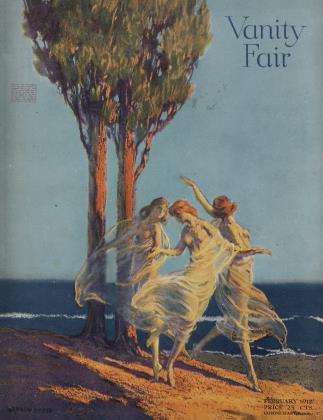Sign In to Your Account
Subscribers have complete access to the archive.
Sign In Not a Subscriber?Join NowA Portrait Gallery of the People Who Are Doing Their Bit to Lose the War at Home
February 1918 Stephen Leacock View Full Issue
View Full Issue






Subscribers have complete access to the archive.
Sign In Not a Subscriber?Join Now